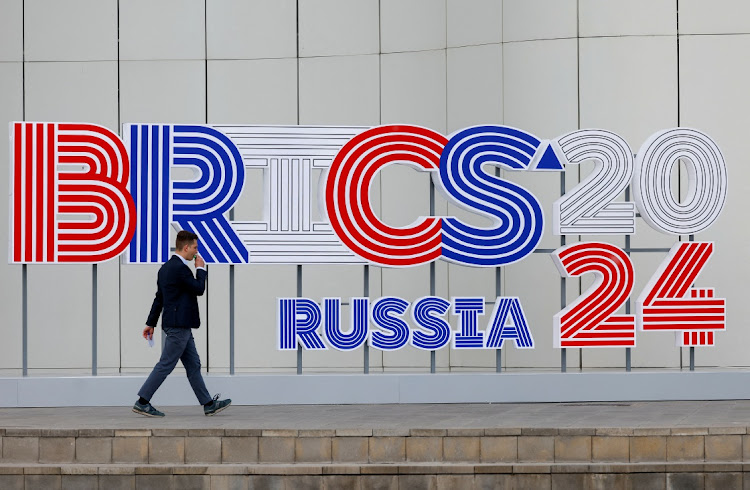I am still largely away from my desk, seeing some South African agricultural stakeholders and our members in the country’s central regions. Amongst many things we get to discuss, we continue to talk about the need for South Africa to widen its agricultural export market beyond the countries we currently export to.
In this export growth conversation, one minor but essential theme is emerging in some conversations: the risks around BRICS. I guess the recent comments by US President Donald Trump, who had a “tough talk” towards this group of countries, partly explain the emerging worries.
There is a consensus that the BRICS should be an area of expansion for South Africa’s agricultural exports. The region accounts for over US$300 billion in farm product imports annually.
However, our emphasis on the BRICS must not be at the expense of other markets that have long supported South African agricultural exports. Indeed, the BRICS region accounts for less than 10% of South Africa’s agricultural exports, which were about US$13.2 billion in 2023 and possibly over US$14.0 billion in 2024.
The longstanding vital markets to South Africa’s agriculture are the likes of the African continent, the EU, the UK, parts of Asia and the Middle East, and the Americas. Therefore, we must emphasise the need for South African authorities to maintain sound and warm relationships with these regions.
Equally, South Africa’s association with the BRICS grouping must not be viewed as “siding” with particular countries. Like India, South Africa can maintain friendship and trade relations with various countries. However, this requires that the South African political leaders visibly maintain relationships with everyone.
In today’s fragmented world, it is easy to be drawn into conversations about which side one supports. Still, as a developing country with broad and varied interests in export markets and attracting foreign direct investments, I guess some level of what I would call “constructive ambiguity” is necessary when engaging with the world.
So, while some stakeholders may worry that BRICS brings certain risks, much depends on how South Africa presents our association with this grouping. We should emphasise the economic possibilities more than other interests.
From a purely agricultural perspective, there is much potential for expanding our exports. Indeed, at the moment, the BRICS is a political group that requires formal economic ambitions.
The major agricultural challenges are the higher import tariffs and phytosanitary barriers some countries impose on South Africa and other BRICS members. As a result, there is quite a low intra-BRICS agricultural trade. But with this group expanding, with Indonesia and Nigeria recently joining, it makes sense that we stay on. We continue to push for low import tariffs and some form of agricultural trade agreement in this group over time.
Broader access to this grouping while maintaining our agricultural export markets is vital for South Africa’s long-term agricultural growth.
By: Wandile Sihlobo



